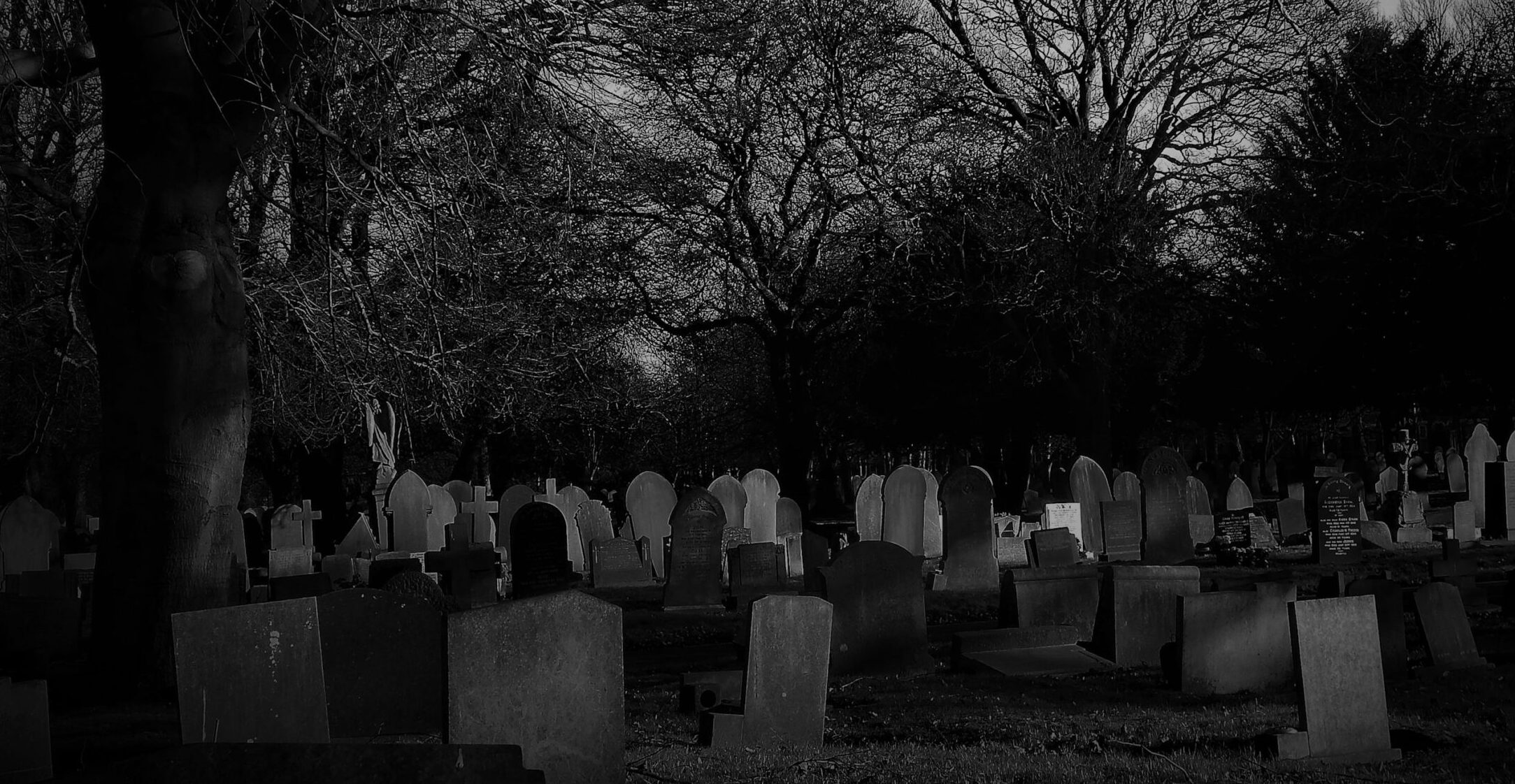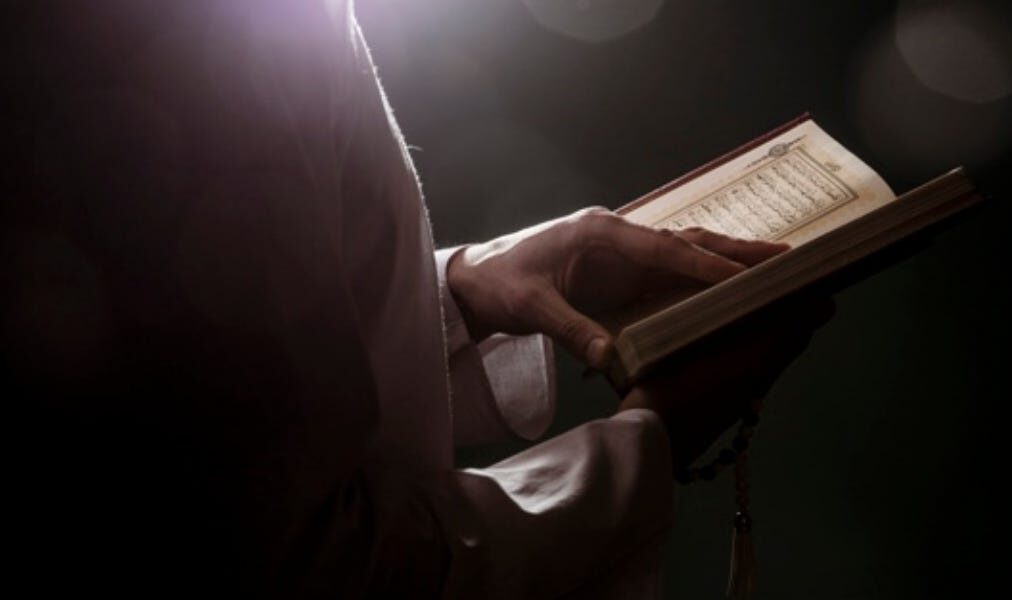Introduction
Death is the final step in the journey of worldly life and the beginning of the next phase known as Aalam-e-Barzakh (the Realm of Barzakh). In Islam, life does not end with death; instead, it transitions into a different dimension where the soul awaits the Day of Resurrection. But what happens in the grave? Can the dead hear? Do they receive punishment or reward before the Day of Judgment?
What Is Aalam-e-Barzakh?
The Qur’an refers to Barzakh as a barrier between the worldly life and the Hereafter. Allah Almighty says in the Holy Qur’an:
“And behind them is a barrier until the Day they are resurrected.”
(Surah Al-Mu’minun 23:100)
When a person dies, they leave this worldly life and enter Aalam-e-Barzakh. This is a phase where the soul lives until the Day of Judgment, and it is often called the life of the grave.
Life in the Grave: A Garden or a Pit
The Prophet Muhammad (PBUH) said:
“The grave is either a garden from the gardens of Paradise or a pit from the pits of Hell.”
According to Islamic scholars, if a person was a believer with good deeds, their grave becomes a beautiful, peaceful place — like a garden of Paradise. But if a person was a disbeliever or a sinner, their grave becomes a pit of Hell.
The Questions of the Grave
When a person is placed in their grave, two angels — Munkar and Nakir — appear and ask three important questions:
-
Who is your Lord?
-
What is your religion?
-
What did you say about this man (the Prophet Muhammad PBUH)?
If the deceased answers:
-
“My Lord is Allah.”
-
“My religion is Islam.”
-
“Muhammad (PBUH) is my Prophet.”
Then, according to the Prophet (PBUH), a window from Paradise is opened for them, and they enjoy peace and mercy until the Day of Judgment.
If the person fails to answer, a window to Hell is opened, and they begin to suffer punishment in their grave.
Can the Dead Hear in the Grave?
Islamic teachings affirm that the dead can hear to an extent in the grave, especially at specific times. The Prophet Muhammad (PBUH) said:
“When a person is placed in the grave and people walk away, he hears their footsteps.”
This proves that awareness in the grave continues, and the deceased can perceive certain things happening around them. The soul experiences its own world in Barzakh, either in peace or torment.
What Happens to the Soul in Barzakh?
In Aalam-e-Barzakh, a person’s soul either:
-
Rises to Illiyyin — the high, noble place for the righteous.
-
Or descends to Sijjin — a dark, constricted place for sinners.
The Prophet (PBUH) described Barzakh as a waiting station — like a temporary holding area where souls receive a preview of their final destination.
Example:
Just like a person is brought to a police station — if innocent, they’re placed in a rest house; if guilty, they’re thrown into a dark cell. Similarly, Barzakh offers either peace or torment depending on one’s deeds.
Is Final Judgment Given in Barzakh?
No — the final judgment is reserved for the Day of Resurrection. In Barzakh, a person begins to experience reward or punishment based on their deeds, but their final fate will be decided on the Day of Judgment.
The Prophet (PBUH) said:
“When a person dies, his deeds end, except for three: ongoing charity, beneficial knowledge, or a righteous child who prays for him.”
This means a person’s good or bad deeds may continue even after death. If their actions leave a lasting effect — like charity, teachings, or sins that continue to spread — they’re recorded in their book of deeds in Barzakh until the final judgment.
The Reality of Reward and Punishment in the Grave
Life in the grave involves either:
-
Punishment of Barzakh
Sinners and disbelievers experience suffering, torment, foul odors, and constriction of the grave. -
Reward of Barzakh
Believers experience peace, light, and a window to Paradise, enjoying its breeze and fragrance.
The final placement in Heaven or Hell awaits after resurrection, but the soul’s state in Barzakh reflects its worldly actions.
Conclusion
Islam teaches that life continues after death in Aalam-e-Barzakh, where the soul awaits resurrection. The dead are questioned by angels, can hear certain things, and begin to experience either peace or torment based on their deeds. Though final judgment is reserved for the Day of Resurrection, Barzakh serves as the beginning of reward or punishment.
Muslims are reminded to perform good deeds, seek forgiveness, and leave behind beneficial acts, as these continue to affect their afterlife journey even after death.







